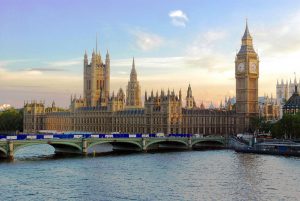The campaign for universal male suffrage had been a long one, achieved by the 1918 Representation of the People Act but finally equality was reached when women were given the vote on equal terms with men in 1928. The Representation of the People (Equal Franchise) Act, passed on 2 July 1928, gave women over 21 the vote regardless of property ownership. Millicent Fawcett, founder of the National Union of Women’s Suffrage Societies attended Parliament to witness the vote thus seeing the fulfilment of the campaign for women’s suffrage. She wrote in her diary:‘It is almost exactly 61 years ago since I heard John Stuart Mill introduce his suffrage amendment to the Reform Bill on the 20th May 1867. So I have had extraordinarily good luck in having seen the struggle from the beginning.’ (1)
For the first time women made up the majority of the electorate; there were 14 million women eligible to vote compared with 11.25 million men. When this was combined with the fact that by the 1920s public opinion could no longer be ignored by prospective politicians, the need to educate people in international issues and British foreign and Imperial policies was paramount. This was to be an important factor in the forthcoming election.
References/Further Reading:
(1) Cited in Wikipedia: Representation of the People (Equal Franchise) Act 1928.
The Suffragist Movement in Lancaster
Annie Elizabeth Helme 1874-1963: A Pioneer of Equality for Women
Caroline Marshall 1853-1927: Suffragist and Peace Activist
Catherine Marshall 1880-1961: Suffragist
Selina Martin: The Impact of Suffragettes in Lancaster on the National Effort


